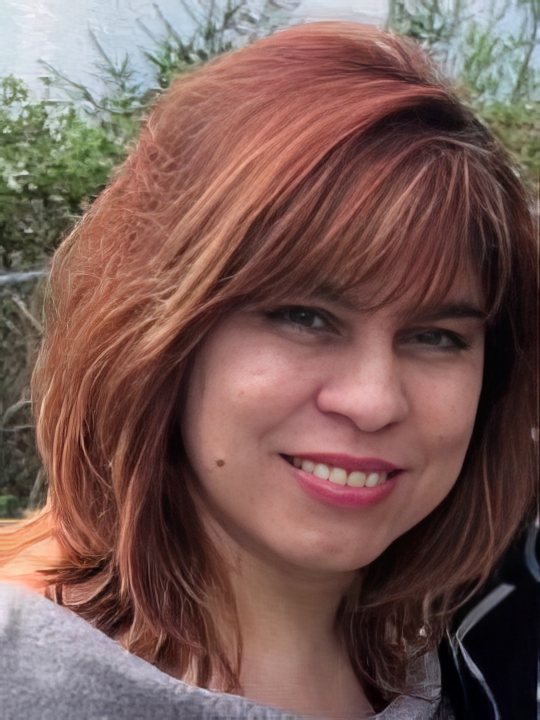Dilia Hasanova
Research / Teaching Area
About
Dr. Dilia Hasanova is an applied linguist with a PhD in English and MS in Education from Purdue University, IN, USA. Dilia has extensive experience in teaching academic writing and research at various institutions in Canada and abroad. Her research interests are broad, ranging from sociolinguistics, multilingualism, language use, and language variation to ethnographies of speaking and second language acquisition. Dilia’s research efforts are dedicated to applying a range of linguistic, educational, and teaching theories in an effort to understand complex and interconnected sociolinguistic and educational problems. She is particularly interested in examining the factors that affect people’s linguistic behaviour. Dilia’s research articles and book chapters have appeared in international referred journals such as TESOL Quarterly, World Englishes, and English Today.
Teaching
Additional Description
Language and Identity
WRDS 150 introduces undergraduate students to academic research and writing practices. By reading a range of texts across disciplines and conducting a variety of writing exercises, students learn how to recognize and interpret methods of academic scholarship, and how to incorporate these methods into their own writing.
In this section of WRDS 150, we will explore the role of language in the construction of social identities. The course will focus not only on social factors that contribute to construction of multiple identities but also on how aspects of everyday language relate to social categorizations, such as class, age, gender, and ethnicity. The course also aims to broaden your understanding of language and society from sociolinguistic and sociocultural perspectives. The assignments (in-class and homework) will provide you with the opportunity to study current theories and debates in the field and to reflect on your own experience as a language user in a multicultural society.
This course will be a combination of interactive lectures, case studies, and in-class activities. The lectures will present information on basic linguistic concepts and how culture affects language. The in-class activities will allow you to put the information and skills you learn into practice. The activities require active engagement by students. You will be expected to contribute ideas and participate in active learning.
